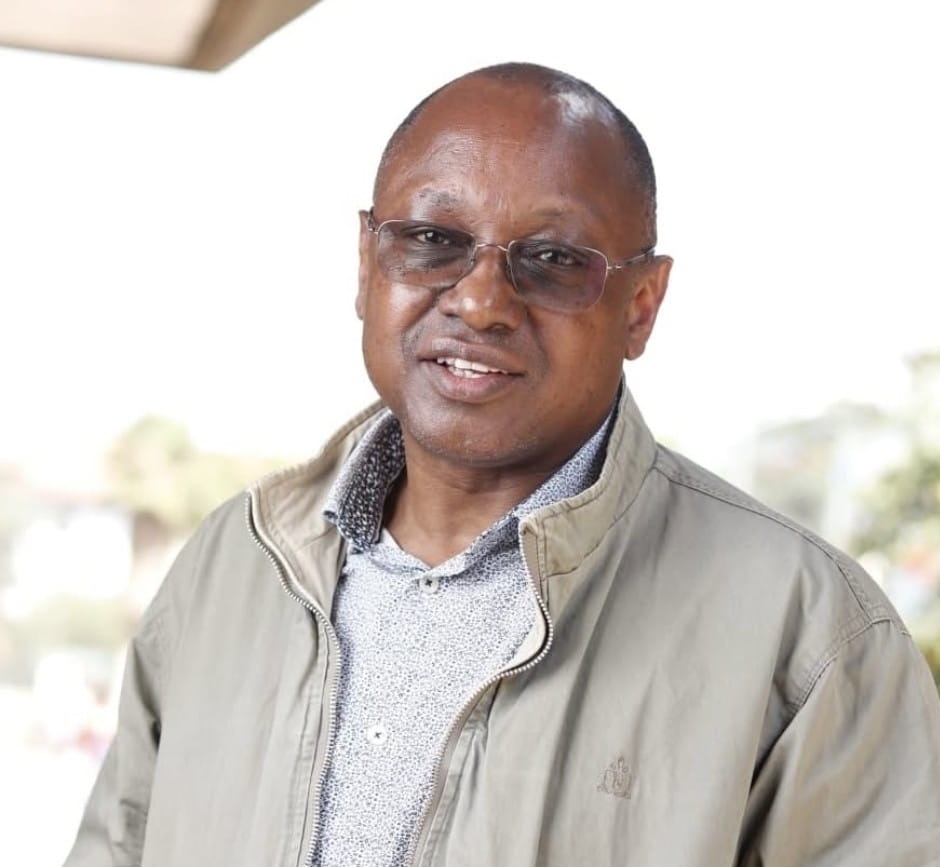Tonui Urges Govt to Grant JS Full Autonomy to Boost CBE Delivery

Former Bomet Central MP Ronald Tonui. PHOTO/Courtesy
By Geoffrey Kirui
Published on September 24, 2025
Kenya Union of Post Primary Education Teachers KUPPET has started a push to separate Junior Secondary from Primary section.
Former Bomet Central MP Ronald Tonui said move if effected would grant Junior Secondary School (JSS) teachers autonomy status, arguing it is key to effective education delivery, teacher motivation, and supporting teenage learners.
Tonui, who also serves as the Vice-Treasurer of the Kenya Union of Post Primary Education Teachers (KUPPET), said JSS should be allowed to operate independently — both administratively and structurally — to fulfill its mandate under the Competency-Based Curriculum (CBC).
“Right now, JSS teachers are stagnating. Without clear structures, many cannot be promoted to principals, deputies, or senior teacher positions. This is unfair to professionals who have invested in training and are dedicated to their work,” Tonui said.
He noted that creating a stand-alone structure would open up administrative positions, enhance career progression, and reduce job stagnation.
Tonui also emphasized the importance of having teachers specifically trained to handle adolescents.
“Secondary school teachers are equipped with skills to handle adolescents socially, emotionally, and academically. We must reflect this reality in the management of JSS,” he said.
According to Tonui, autonomy for JSS would ease management, reduce workplace tensions, and increase accountability.
“Allowing them to stand alone is not just about teachers’ welfare — it’s about protecting both teachers and learners,” he added.
He further argued that distinct management would improve resource allocation and monitoring of performance.
“With a separate vote head and clear reporting lines, it becomes easier to distribute resources equitably and build stronger schools with better results,” Tonui said.
The debate over where JSS should be domiciled continues to divide education stakeholders, with some supporting administration under primary schools, while others call for full transfer to secondary schools or independent structures.
Tonui’s remarks add weight to mounting pressure from teachers and education stakeholders pushing for reform. In recent months, more than 50,000 JSS tutors have staged protests and advocacy campaigns nationwide, citing overlapping administrative duties, unequal resource allocation, limited professional growth, and minimal influence in policy decisions affecting junior secondary education.
Comments Below